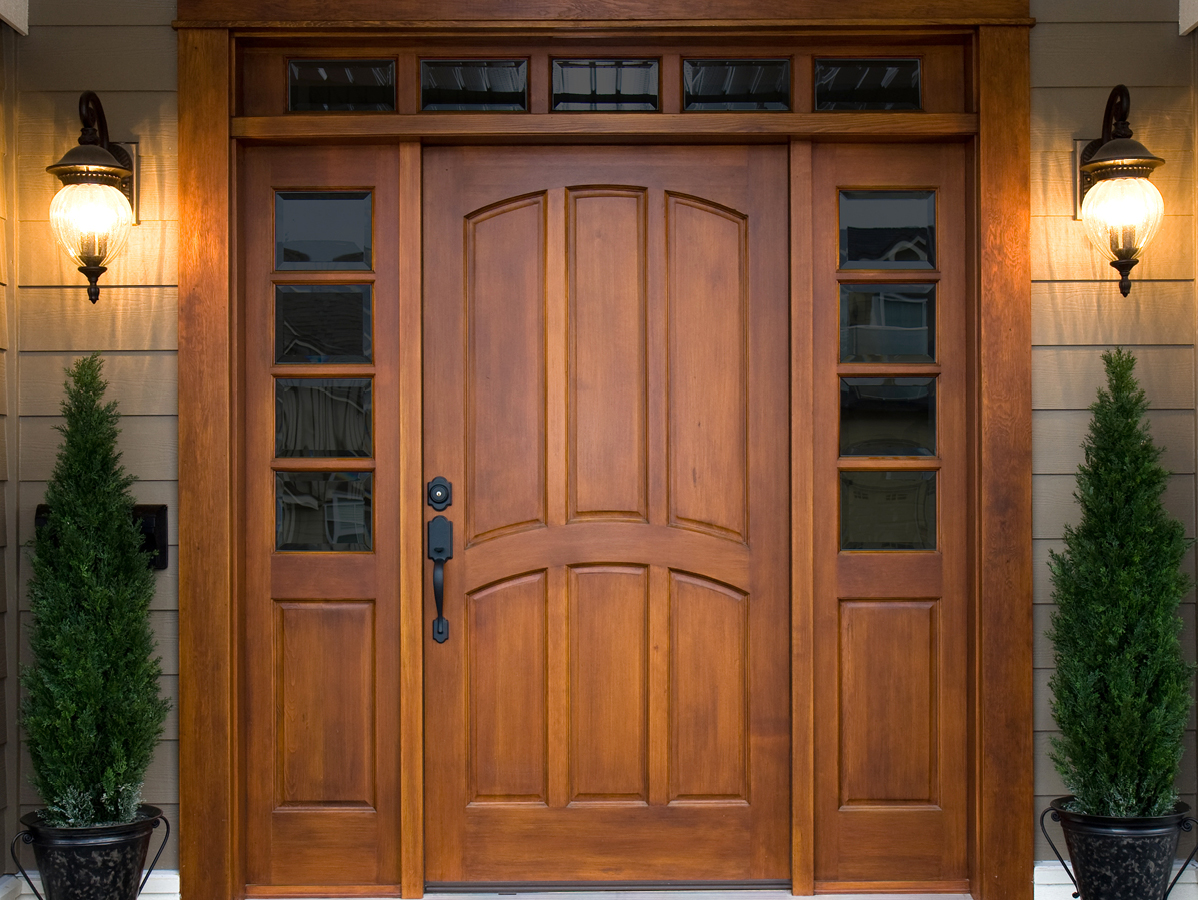When you are getting ready to put your home on the market, you may be lying awake at night wondering about the logistics and the financial ramifications of your decision. Here are ten questions that you should ask an agent in order to set your mind at ease and feel more prepared for the road to the closing table.
1. How will you determine what price we should charge for my home?
A real estate agent will look at recent comparable sales in your area as well as your current competition among active listings. Agents will probably throw out unusually high and unusually low prices as these are generally considered outliers. That will give you a good baseline potential valuation for your home.
2. What improvements should I make to optimize my home’s resale value?
An agent will conduct a thorough walk-through of your home and look for any needed repairs or extremely out-of-date fixtures or finishes that might deter a buyer. Beyond that, you’ll discuss updates that can add value while offering a solid return on investment.
You don’t necessarily want to put in a whole new kitchen or all new baths, because you probably won’t get the money back in the sale price. However, if your home is severely out of date, you may need to give it an overhaul in order to realize a sale price comparable to those of other, more updated homes in your area.
3. Is bigger always better when it comes to pre-sale home improvements?
Actually, no. According to the National Association of Realtors® (NAR), some of the most cost-effective improvements with the highest ROI include those items related to curb appeal. A new front door or a fresh coat of paint can make a huge difference in the way that the home is perceived. In addition, interventions like deep cleaning or decluttering cost little or nothing, yet can have a big impact on potential buyers.
Don’t forget the outdoors, which offers some of the most affordable improvements with the highest ROI. Get your lawn in check, plant a new tree, and spruce up the landscaping to improve both curb appeal and the home’s value at sale time.
4. What if I don’t want to make any improvements to my home before listing it?
For a variety of reasons, you may be unable or unwilling to make changes or improvements to your home, or you may not be in a financial position to do so. You are certainly not required to make any improvements and an agent can list your property for sale as-is, indicating to potential buyers that you do not intend to negotiate on repairs or damages.
Keep in mind that an as-is sale can affect your ability to get top dollar for your home, even if it is in good overall condition. In addition, many mortgage lenders require certain baseline repairs to major systems, so if there are plumbing, electrical, or structural issues, you may be required to make needed repairs in order to get your home sold.

5. How will you pre-market my listing?
The home sale doesn’t start the day the listing goes live in the MLS. Generally, an agent will start helping you get your home buyer-ready before the first buyer or agent arrives. This may involve staging the home, bringing in a professional photographer, and otherwise advising you on preparing the home for sale. The home may be put into the MLS as a Coming Soon listing and an agent may use yard signage and direct mail to let people know that about your listing.
6. How will you market my listing?
An agent may market your listing in many different ways, depending on the norms for your area, your property’s unique features, and other factors. Marketing may be as simple as signage, photography, and a well-written property description or as elaborate as print and TV ads, drone videography, and outreach to international buyers.
The agent should have a plan for marketing your property and should be able to articulate that plan to you. Do your part to support the marketing plan by properly cleaning and decluttering the space in cooperation with the agent’s recommendations.

7. Can you market my listing without bringing lookie-loos through the home?
If you are interested in limiting access to your home, you have a number of options. Talk to an agent about qualifying buyers who are brought into your home in person. In addition, you may want to avoid open houses, preferring instead to offer a video tour of the home to satisfy curious neighbors and others who just want a peep inside.
8. We’ve agreed on a price and gone into escrow. What happens next?
The buyers will bring in a home inspector to check out the home and recommend any needed repairs or improvements. The inspector may identify a major problem and the buyers may ask for a more in-depth inspection. The inspector may identify only minimal issues and the process may proceed.
An agent may recommend that you absent yourself from the home during the inspection process. If you have some special features you would like to show the buyers or if you want to provide them with service records and information about the home’s systems, ask the agent if you can do so at the beginning of the inspection, then leave for the remainder of their time in the home.

9. The buyers submitted a list of requested repairs. Can I say no?
You are free to say no to any repairs that are requested from your buyers with the understanding that they may choose to walk away from the deal based on their home inspection contingency. Discuss with an agent whether or not you should make some, all, or none of the requested repairs, whether you would be willing to provide a credit at closing toward the repair costs, or whether you should put the home back on the market.
Remember that if the repairs requested are legitimate, the next home inspector will likely identify them as well. Ask a real estate agent how the identification of needed repairs will affect your disclosure and the price of your listing going forward if you decide to put the home back on the market.
10. We did some damage during the move-out. What will happen now?
Accidents happen and it is not uncommon for there to be scuffs on the flooring or paint after the movers have finished clearing out the home. If you notice that this has occurred, or if your buyers see damage during their final walkthrough, the closing can still occur. In most cases, you can either provide additional funds at closing to cover the damage or you can prepay a reliable contractor or repair professional to make the needed repairs on your behalf.

